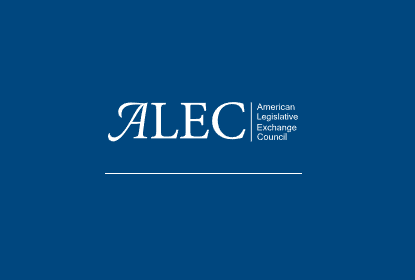
To access the original article published:https://alec.org/article/virginia-lab-schools-provide-more-choice-for-k-12-students/
When Governor Glenn Youngkin signed the Virginia State Budget on June 21, he celebrated new opportunities for students and families, including the creation of “lab schools.”
Lab schools are K-12 schools founded by public universities and have existed for centuries. The first lab schools were founded in 17th century Europe and Japan, and the first lab school in the United States was founded in 1896 by the University of Chicago, which still exists today.
Governor Youngkin’s push for lab schools is a part of his greater goal of increasing education freedom in Virginia. Currently, options for K-12 students in the commonwealth are lacking. There are only seven charter schools statewide because of a law mandating that local school boards approve the opening of a charter school. This prevents most charter schools from opening because many school boards are hostile toward their existence. The National Association of Charter School Authorizers notes that “many [school boards] view [charter school authorization] as a burden” and “school districts are often reluctant or opposed to approving new charter schools that they perceive as competition for funds and students.” Virginia Republicans have attempted to change the state’s policy so the Department of Education has the sole authority to authorize new charter schools, but these proposals have repeatedly failed. Lawmakers who wish to address this issue in their state can consult ALEC’s Next Generation Charter Schools Act, which permits a variety of authorities to approve new charter school applications including local elected officials, school boards, state boards of education, institutions of higher education, and more.
Despite the failed attempts to allow the Department of Education to approve charters, Virginia law does permit any public or private institution of higher education in the state to start lab schools, which, unlike charter schools, only need to be approved by the State Board of Education. As a result, it is much easier for lab schools to be authorized compared to charter schools in the state. Governor Youngkin has already signed a partnership with 30 colleges and universities to support his goal of creating 20 new lab schools.
Lab schools in other states, such as Florida, have shown promising success. For example, P.K. Yonge Developmental Research School, run by the University of Florida, serves economically disadvantaged students (nearly 40% of students participate in their school lunch program) and is ranked in the top 100 high schools in the state.
These new lab schools have the potential to offer better options for K-12 students in Virginia. Many lab schools specialize in certain subject areas and can offer a more specialized education a traditional public school may not offer. Additionally, like charter schools, lab schools are not run by school districts. Rather, they are run by colleges and universities. This is why Governor Youngkin hopes these lab schools will mirror the success of charter schools, which typically have higher rates of student success than traditional public schools.
All families should have options when deciding where to send their child to school and the ability to choose the best education for them. The creation of lab schools in Virginia shows promise in achieving this goal, but there is more they can do.
States, such as Arizona and West Virginia, have led the way in creating education savings accounts (ESAs) for K-12 students. ESAs allow funding to follow students, so families can choose the best options for them, whether that be using the funds to help pay for private school tuition, hiring a tutor, or any other combination of options. ALEC Model Policy, The Hope Scholarship Act, models West Virginia’s ESA program, the Hope Scholarship Program, but makes all students eligible to participate. Creating lab schools is a great start, but if Virginia wants to expand education freedom even farther, they should consider creating an ESA program for their students, like the Hope Scholarship Act.

